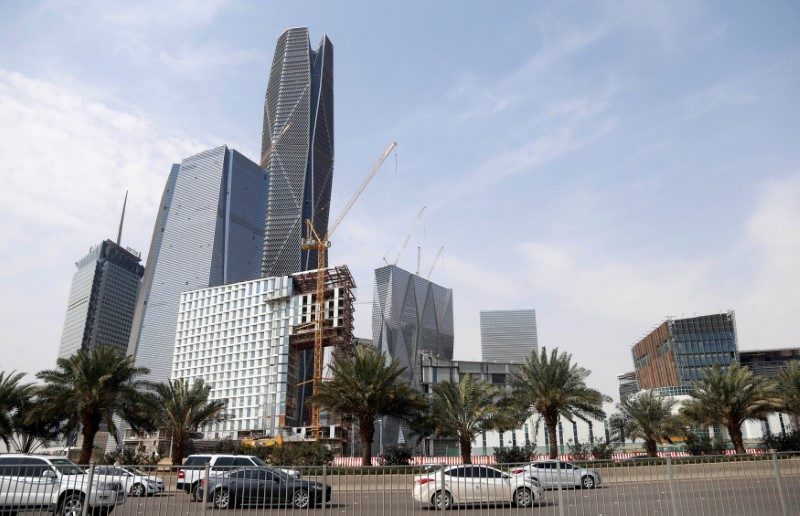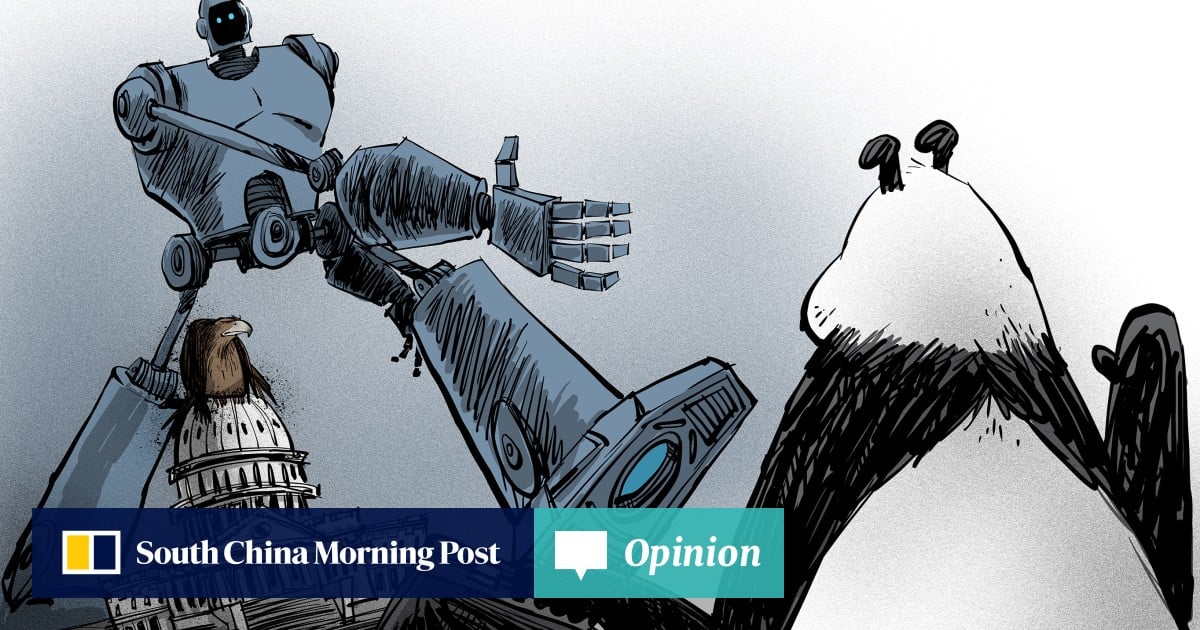SHANGHAI, China — The World Artificial Intelligence Conference has always provided a platform for major Chinese technology companies to showcase their latest innovations in the field. Companies, on the other hand, appeared to be more focused this year on demonstrating their contributions to society and the government. The shift in tone at the annual conference in Shanghai reflects Beijing’s heightened regulatory pressure on the IT sector, as well as corporations’ determination to keep out of regulators’ crosshairs. It also implies that the government, rather than the private sector, holds the upper hand. In a keynote speech on Thursday, Baidu CEO Robin Li argued that AI technology can assist solve social concerns including providing transportation and caring for the elderly. In the next two to three years, Baidu, China’s equivalent to Google, aims to expand its robotaxi ride-hailing service to 30 cities across the country. Li also mentioned Chinese President Xi Jinping’s vow to make China carbon-neutral by 2060, saying that Baidu will do so by 2030.
At the World Artificial Intelligence Conference in Shanghai, Baidu CEO Robin Li speaks.
(Baidu provided the image.)
In a lecture delivered remotely, Tencent Holdings CEO Pony Ma stated that the company “would increase efforts in space exploration cooperation with the government.” He said that the business, which owns the WeChat messaging app, will collaborate with the National Astronomical Observatories on a “star exploration strategy.” Many high-ranking tech CEOs were conspicuously absent from the gathering. Alibaba founder Jack Ma spoke from afar last year, while Chairman and CEO Daniel Zhang gave a speech in person. Cheng Wei, the CEO of Didi Global, has previously attended the conference. This year, none of the three were able to attend. Both companies have been targets of China’s escalating crackdown on the country’s technology industry. After Didi went public in the United States last week, Chinese authorities initiated an investigation into the ride-hailing service and halted downloads due to data law violations. Since last year, Alibaba and its financial unit, Ant Group, have been under pressure to restructure their businesses. During the crackdown, Ma and Cheng, two of China’s most powerful corporate titans, have rapidly lost influence. SoftBank Group Chairman and CEO Masayoshi Son, an early investor in Alibaba, said at the event on Thursday that he wanted to continue working with Chinese entrepreneurs and take risks to improve society. Nonetheless, China’s authorities show no indications of relenting in their pursuit of the tech sector. The State Administration for Market Regulation and other authorities unveiled new regulations for fair competition evaluations on Thursday, allowing regulators to keep an eye on regional governments to verify antitrust infractions are being addressed. Pressure on China’s tech companies is expected to increase as a result of the reform. Semiconductors were also a hot topic, underscoring Xi’s efforts to strengthen China’s tech supply networks in the face of US efforts to isolate them. The “Made in China 2025” project intends to expand the country’s semiconductor self-sufficiency ratio to 70%, up from current estimates of under 20%. Cutting-edge, high-value-added chips are of particular interest, despite the fact that China now produces 24 percent of all semiconductors in the world. Cambricon Technologies CEO Chen Tianshi said on Thursday that his company had started working on 7-nm processors for self-driving cars. Cambricon manufactures AI chips utilized in Alibaba Group Holding’s and other digital companies’ cloud services, as well as the cutting-edge semiconductor technology used in Huawei Technologies’ smartphones. It appears to be expanding its presence in the automotive industry. A cutting-edge semiconductor used in self-driving cars was on display at the Horizon Robotics stand. Horizon intends to sell its product to Chinese automakers, as China is thought to produce fewer than 5% of car chips domestically. According to Mei Hong, a member of the Chinese Academy of Sciences, which is the government’s top research institution, the development of digital talent must take place in collaboration with businesses inside a government-created framework./n





